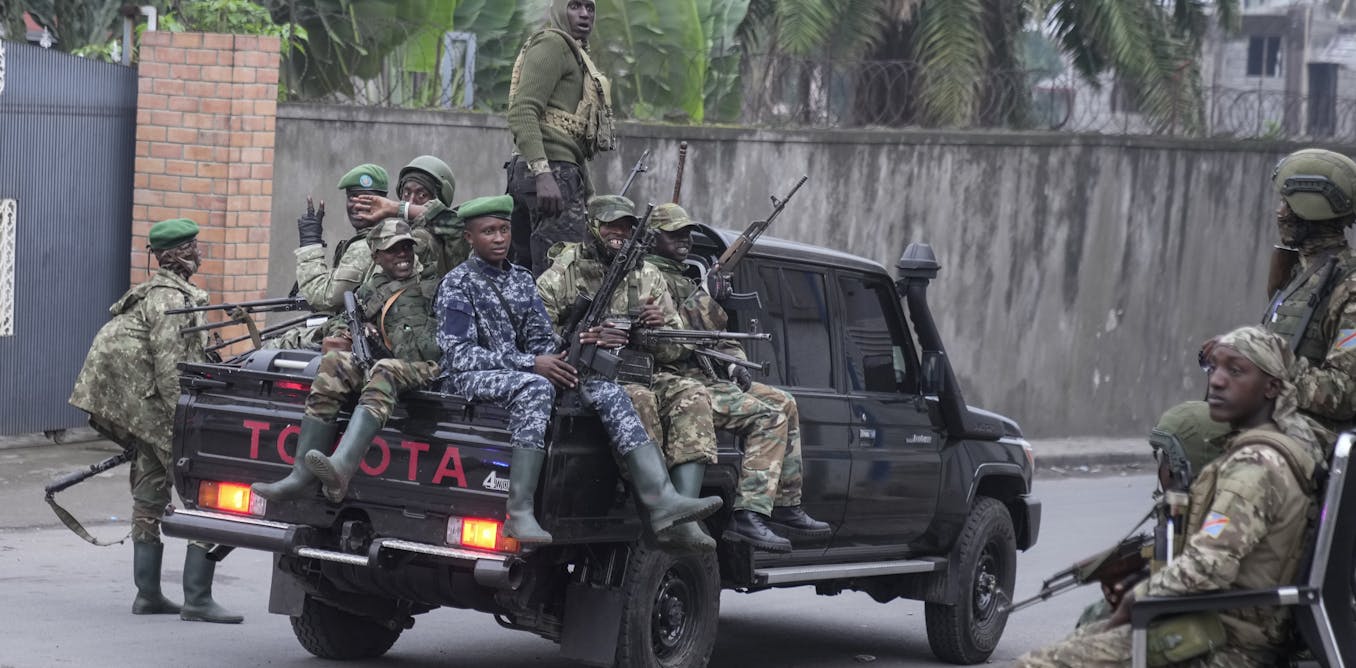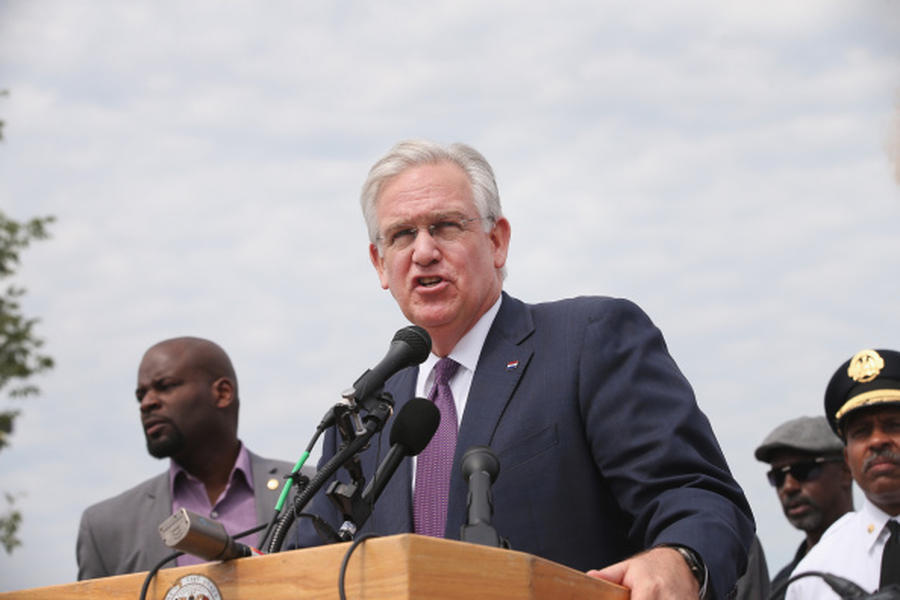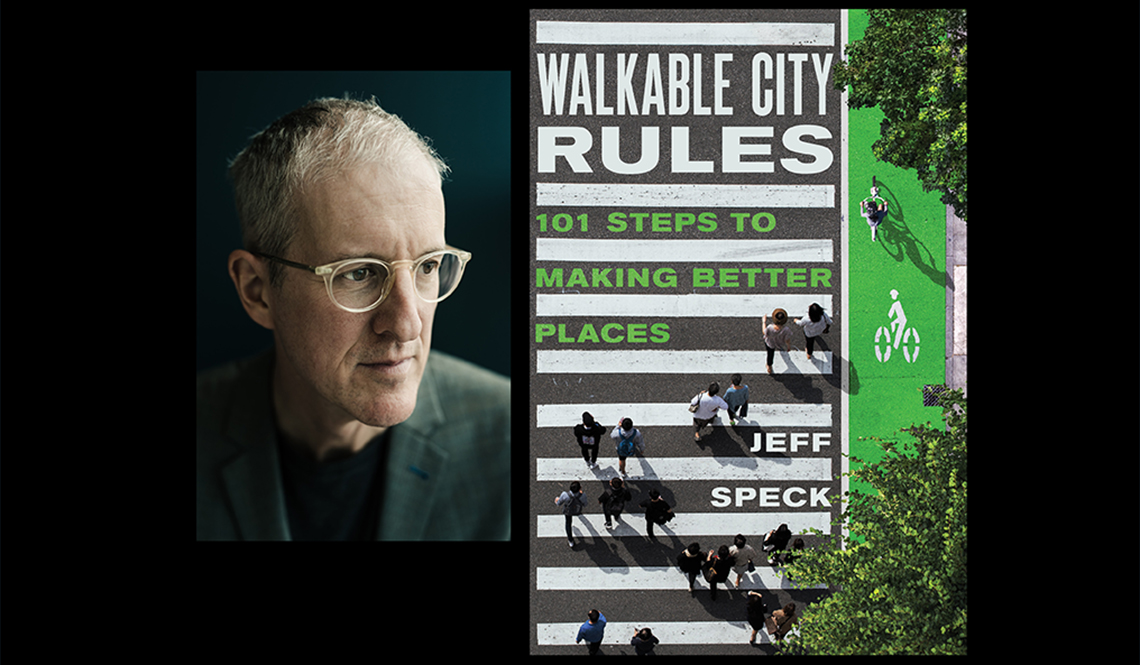
- Select a language for the TTS:
- UK English Female
- UK English Male
- US English Female
- US English Male
- Australian Female
- Australian Male
- Language selected: (auto detect) - EN
Play all audios:
In late January, a rebel group that has long caused mayhem in the sprawling African nation of Democratic Republic of Congo took control of Goma, a major city of about 2 million people on the
border with Rwanda in the country’s east. Nearly 3,000 people were killed in one of the deadliest weeks in the history of this mineral-rich country. The dead include 100 female prisoners
who were reportedly raped by male inmates at a prison and then burned alive. As someone born and raised in the region, I’ve witnessed first-hand the devastating impact of this protracted war
on communities. I’ve been in contact with residents in Goma, who have described unprecedented chaos – looting, criminality and a breakdown of essential services. One resident said: > I’m
feeling unsafe in my own house. Last night live bullets > penetrated my kitchen, and thank God none of us were there at the > time. More violence may lay ahead. The M23 rebel group,
backed by neighbouring Rwanda, is marching south towards Bukavu, another major city, the provincial capital of South Kivu. Though unlikely, it has vowed to topple the government of President
Felix Tshisekedi in the capital, Kinshasa, some 2,600 kilometres away. Tshisekedi has ruled out entering into dialogue with the rebel group, saying his government would not be “humiliated
or crushed”. WHAT IS M23? Founded in 2012, M23 claims to protect the Tutsi ethnic minority group in Congo from discrimination, but it has recently begun pursuing broader political and
economic ambitions. It is believed to have about 6,500 fighters, supported by another 4,000 troops from Rwanda. Last year, the group was restructured to include other Rwanda-backed militias
and politicians in the region. Together, they formed the River Congo Alliance, led by Corneille Nangaa, the former head of Congo’s electoral body. It now appears the group has “longer-term
objectives in holding and potentially expanding their territorial control”, one analyst says. A military court has issued an arrest warrant for Nangaa this week, alleging he is behind
massacres in eastern Congo. Congo has one of the richest reserves of critical minerals in the world, including cobalt, copper, coltan, uranium and gold. M23’s advances have given it control
over many lucrative mines and supply lines to Rwanda. In May 2024, M23 seized the mine in Rubaya, one of the world’s largest coltan reserves, which generates more than US$800,000 (A$1.2
million) in revenue a month. As of this week, M23 has also gained control over mining sites in North and South Kivu regions, where children and young people are forced to work in
life-threatening conditions. Others have been recruited as child soldiers. POTENTIAL FOR A REGIONAL CONFLICT The current situation echoes the tumult caused in 2012 when M23 briefly seized
Goma. Back then, the international community reacted more diligently, suspending around US$200 million (A$318 million) in aid to Rwanda. US President Barack Obama personally called Rwandan
President Paul Kagame, urging him to stop supporting the rebel group. In contrast, the current offensive has been met with a less coordinated international response. The resurgence of M23
has been largely attributed to the failure of regional peace talks, notably the Luanda and Nairobi peace processes. Rwanda has leveraged the legacy of the 1994 genocide to secure a
continuous flow of Western aid, enabling its involvement in proxy wars in the Congo with little to no repercussions. Its involvement in supporting M23 is well documented, with evidence from
reports by UN expert groups showing the group is receiving weapons, troops and logistical aid from the country. Uganda is also believed to be supporting the rebels, while Burundi is backing
the Congolese government. This has many worried the current fighting could spiral into a regional conflict. WHAT THE WORLD CAN DO The ongoing crisis in Congo has been catastrophic for the
local population, with more than 6.9 million people internally displaced and 1.1 million people fleeing to neighbouring countries. The crisis has disproportionately affected women and
children. It has caused shortages of water, electricity and food supplies and the collapse of medical care, particularly for newborns and critically ill patients. There are also concerns
about a new Ebola outbreak in the region. Rebel bombings, some launched from Rwanda, have targeted refugee camps, schools and hospitals. According to the UN and human rights groups, M23 is
responsible for a massacre in the village of Kishishe, resulting in scores of killings and mass rapes. The international community has long ignored this region, providing only a bare minimum
of aid to help the millions in need. An immediate ceasefire and massive influx of humanitarian aid are urgently needed. But a lasting peace will remain elusive if the main actors don’t
address the root causes of the conflict and work towards sustainable, structural solutions that go beyond military interventions.




